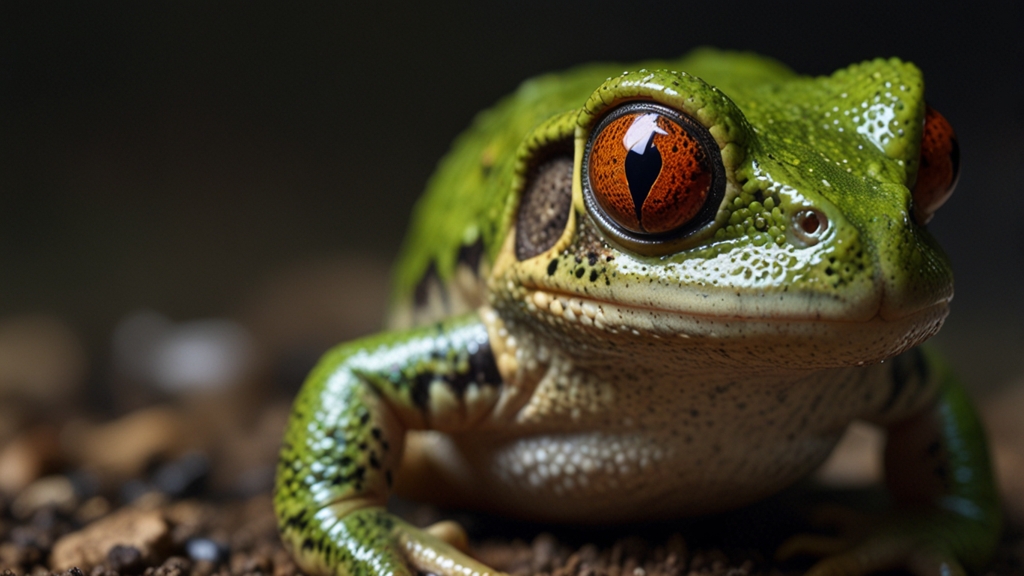The Tides of Change: How Climate Change Is Affecting Marine Ecosystems
Climate change is one of the most pressing issues of our time, affecting various ecosystems around the globe. Among the most vulnerable are marine ecosystems, which are experiencing profound changes due to rising temperatures, ocean acidification, and fluctuating weather patterns. These changes are not just impacting marine life; they are also threatening the livelihoods of communities that depend on the ocean and its resources.
Rising Temperatures: The Heat is On
One of the most direct impacts of climate change on marine ecosystems is the rise in sea temperatures. Warmer waters are influencing the distribution of marine species, often forcing them to migrate towards the poles in search of cooler habitats. This shift can lead to altered ecosystem dynamics, as new species interactions can either enhance or disrupt existing food webs.
"We are seeing species moving poleward at unprecedented rates. This is changing the composition of marine ecosystems and affecting human activities such as fishing," says Dr. Jane Smith, a marine biologist at the Oceanic Institute.
Coral reefs, often considered the rainforests of the sea, are particularly sensitive to temperature changes. Coral bleaching, a phenomenon where corals expel the algae living in their tissues due to stress from warm temperatures, is becoming increasingly common. This not only reduces the aesthetic value of these ecosystems but also compromises their role as critical habitats for numerous marine species.
Ocean Acidification: An Unseen Threat
Another serious issue resulting from climate change is ocean acidification. As the ocean absorbs more CO2 from the atmosphere, it becomes more acidic. This change in pH levels is particularly harmful to calcifying organisms such as mollusks, crustaceans, and corals, which rely on calcium carbonate to build their shells and skeletons.
"The increasing acidity of our oceans is detrimental to the marine life that forms the foundation of many food webs. If current trends continue, we could see significant disruptions in marine biodiversity," warns Dr. Alan Brody, an environmental scientist.
This acidification also affects the behavior and physiology of various marine species, making them more vulnerable to predators and less efficient in finding food. Consequently, the entire marine food web is at risk, affecting species all the way up to humans who rely on these resources for food.
Changing Weather Patterns: The Unpredictable Wave
Climate change is also altering weather patterns, resulting in more frequent and severe storms, unpredictable rainfall, and rising sea levels. These changes are having a substantial impact on coastal and marine ecosystems, jeopardizing habitats such as mangroves, salt marshes, and seagrass beds.
Extreme weather events can cause physical damage to coastal and offshore ecosystems, from eroding shorelines to destroying coral reefs and kelp forests. Additionally, increased rainfall and flooding can lead to higher runoff of pollutants into marine environments, exacerbating water quality issues and contributing to the development of dead zones.
"The changes we are witnessing in weather patterns and sea levels due to climate change are unprecedented. These phenomena pose significant risks to the balance of marine ecosystems," highlights Dr. Emily Clarkson, an oceanographer.
The Way Forward: Mitigation and Adaptation
Addressing the impacts of climate change on marine ecosystems requires a multifaceted approach, combining mitigation and adaptation strategies. On a global scale, reducing greenhouse gas emissions is paramount. This involves transitioning to renewable energy sources, enhancing energy efficiency, and implementing policies that limit carbon output.
Locally, efforts can focus on creating marine protected areas (MPAs) that allow ecosystems to recover and build resilience. Restoration projects, such as coral planting and seagrass restoration, can also help mitigate some of the damage already done. Additionally, sustainable fishing practices can reduce pressure on vulnerable marine species and help maintain ecosystem balance.
Public awareness and education are crucial as well. Understanding the connections between climate change and marine ecosystems can foster a sense of stewardship and encourage individual actions that contribute to large-scale solutions.
The tides of change are indeed upon us, and the impacts on marine ecosystems are both profound and far-reaching. By taking proactive steps now, we can hope to preserve the incredible diversity and richness of our oceans for future generations.











